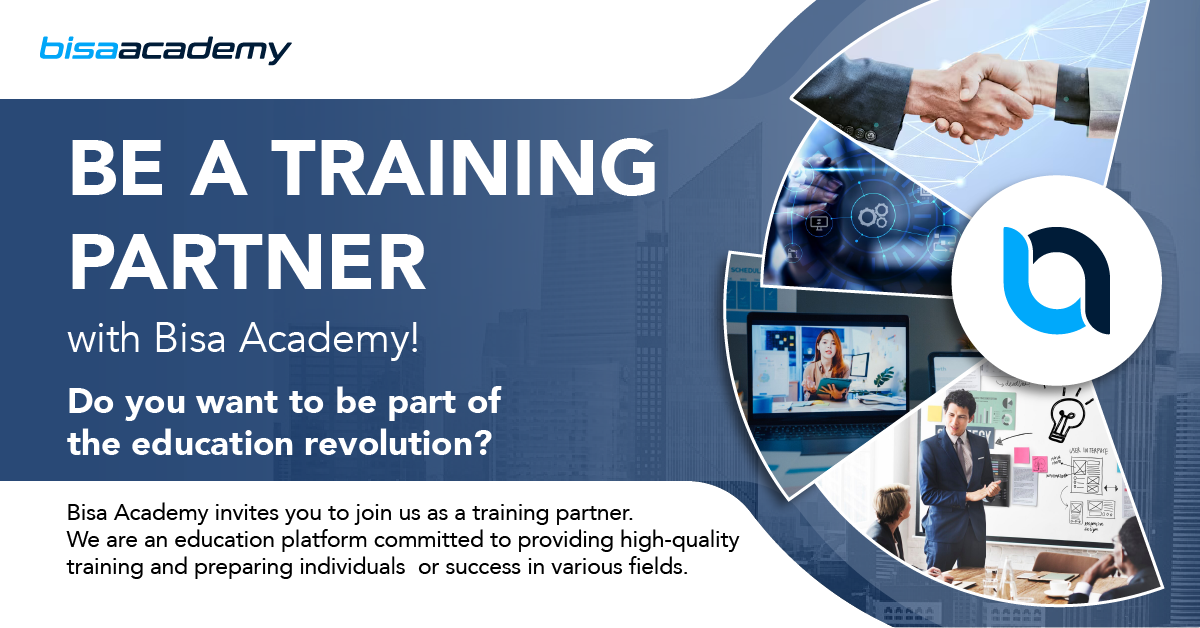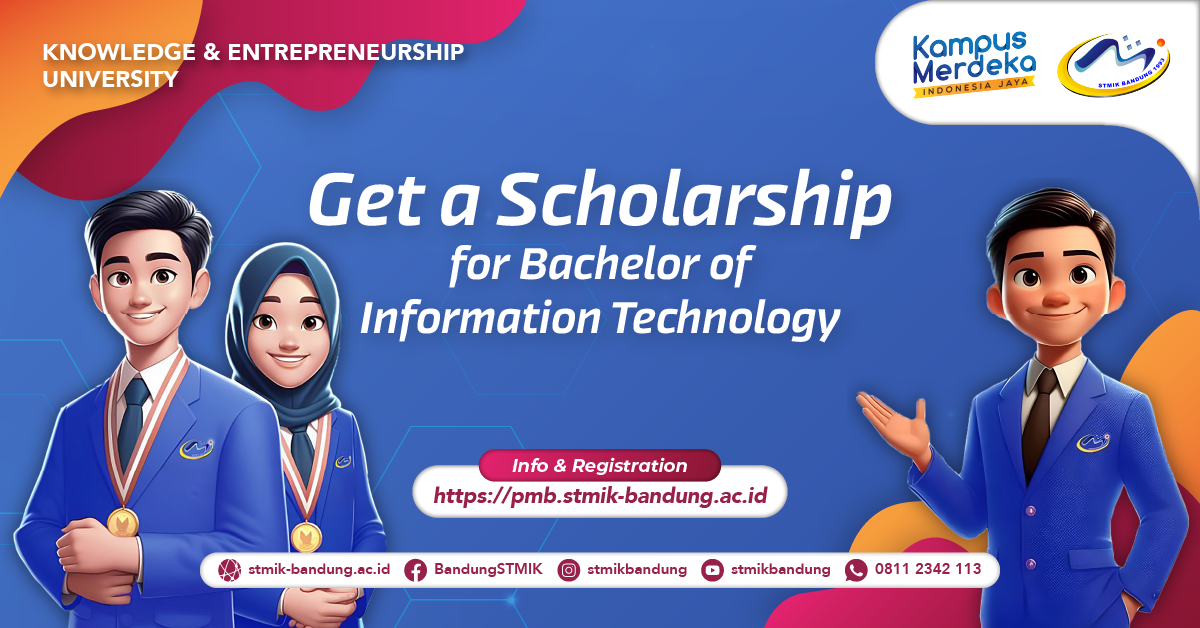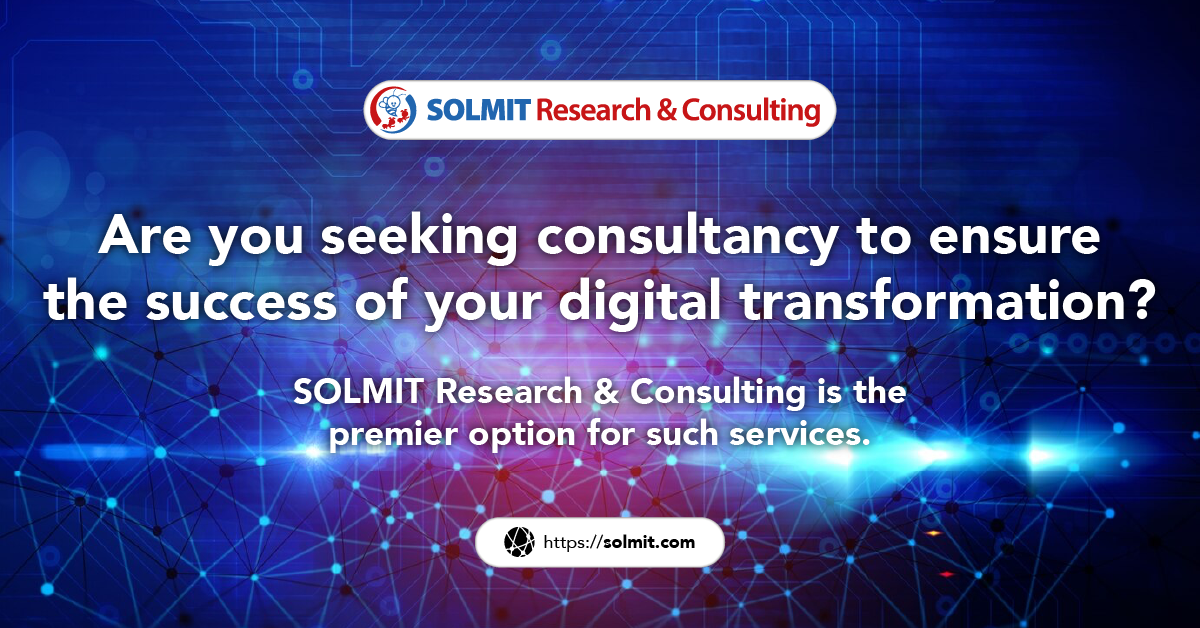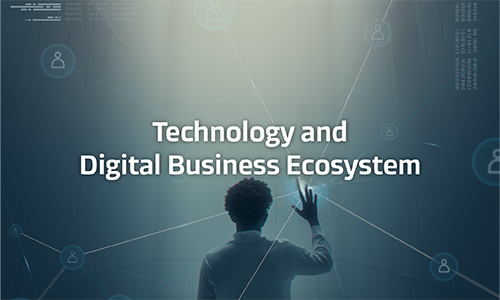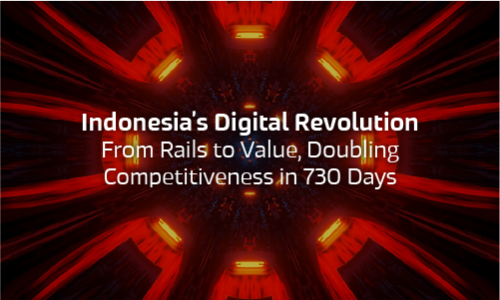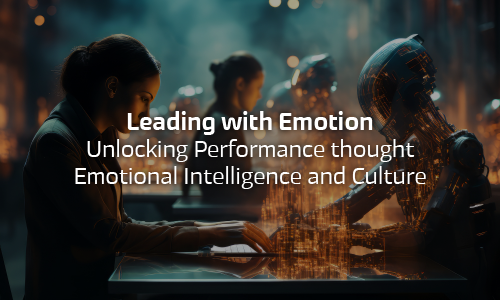
Summary: This article explores the critical role of emotional intelligence (EI) in enhancing employee performance within modern organizations. Drawing from empirical research in the energy sector, it demonstrates how EI, when paired with transformational leadership and a supportive organizational culture, can significantly improve individual and organizational outcomes. The findings reveal that organizational culture exerts the most dominant influence, while transformational leadership enhances the emotional connection between leaders and teams. As the workplace evolves, the synergy between emotional capability, visionary leadership, and values-driven culture becomes essential for sustained high performance. This article advocates for a strategic shift toward emotionally intelligent organizations that prioritize people, purpose, and performance in equal measure.
Introduction
In the ever-evolving landscape of organizational performance, companies across industries have long searched for the “X-factor” that separates good teams from great ones. Surprisingly, that factor may not be just technical skills or advanced tools, but something deeply human: emotional intelligence.
As the modern workplace becomes more dynamic, emotionally intelligent leadership and a healthy organizational culture are proving to be powerful drivers of employee performance. A landmark study in the Indonesian energy sector reinforces this claim, showing how emotional intelligence, when supported by transformational leadership and an adaptive culture, can significantly boost organizational outcomes.
Emotional Intelligence: The Heart of Modern Performance
Emotional intelligence (EI) is more than the ability to manage stress or defuse conflict. It encompasses a range of interpersonal and intrapersonal abilities: understanding emotions, managing self-awareness, empathizing with others, and navigating complex social situations.
Employees with high EI can regulate their emotions under pressure, collaborate effectively, and respond to setbacks with resilience. In short, they are not just smart, they are stable, sensitive, and strategic.
This makes EI a critical asset in high-performance environments, where people must work across departments, manage deadlines, and serve diverse stakeholders. In such spaces, technical skills may get you hired, but emotional skills determine whether you thrive.
Leadership Style Matters, But Only When It Connects
One of the most intriguing findings from recent studies is that transformational leadership, characterized by inspiration, motivation, and long-term vision, is significantly more effective in enhancing performance than transactional leadership, which focuses…
